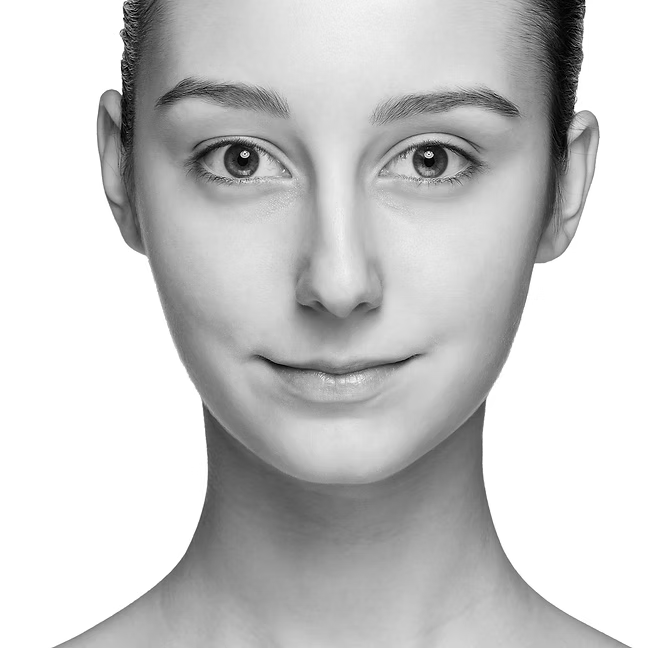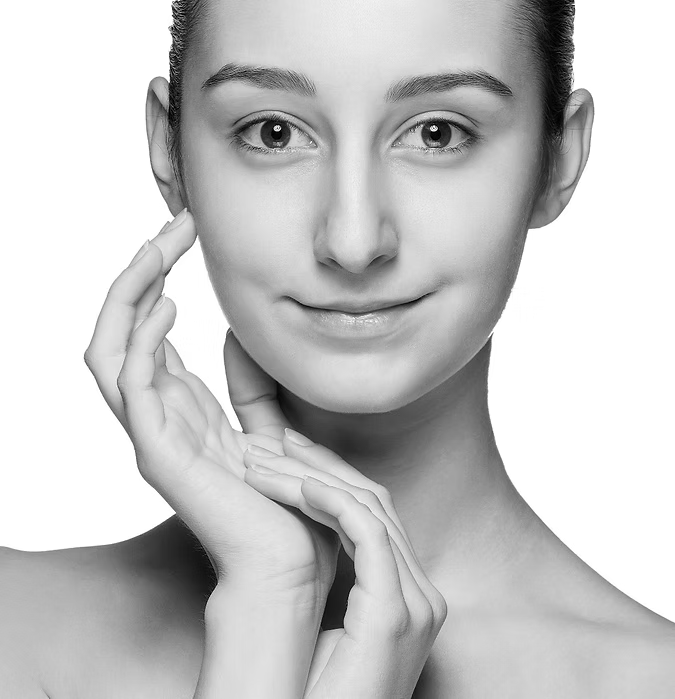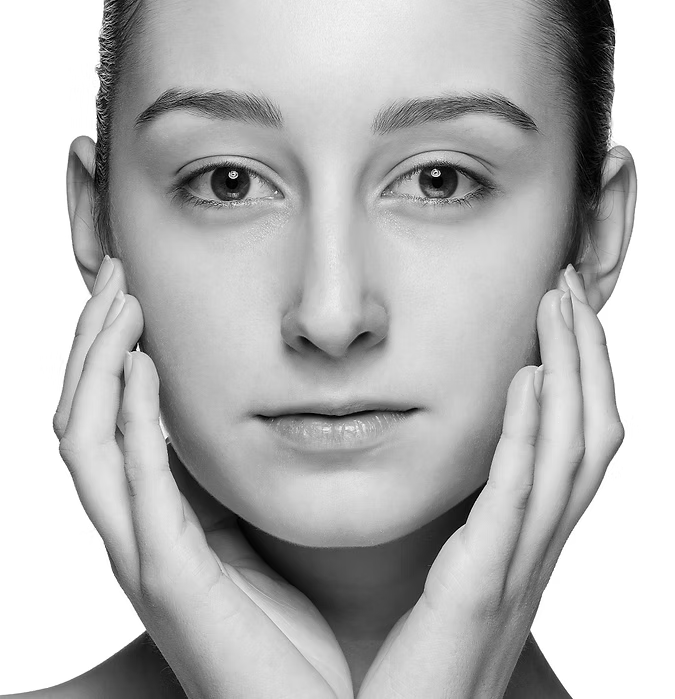Fat Transfer In Dubai

Understanding the Fat Transfer In Dubai Procedure
When exploring ways to rejuvenate one’s appearance, natural aesthetics often take the front seat. Fat grafting surgery is a pinnacle of this trend, representing a means to enhance and sculpt the body’s contours with the patient’s own tissue. Let’s delve deeper into what this procedure entails and how it stands out in the realm of plastic surgery.
Definition and Overview of Fat Transfer in Dubai
As its name implies, fat grafting surgery or fat transfer is an aesthetic procedure that repurposes fat from areas of surplus to regions that may benefit from additional volume. Areas such as the abdomen and thighs, which often harbor excess fat, serve as donor sites. Through a process of liposuction, fat is harvested, purified, and then meticulously re-injected to enhance features and achieve a balanced silhouette, providing natural augmentation for natural breast augmentation or facial rejuvenation.

Comparing Fat Transfer to Other Aesthetic Procedures
When comparing fat transfer to different aesthetic procedures, such as the introduction of synthetic fillers or implants, the contrasts become clear. Fat transfer presents a biocompatible option that minimizes the risk of rejection and allergic reactions. Its naturalness and potential for long-lasting effects often sway patients’ decisions towards choosing this method for facial rejuvenation and natural breast augmentation over alternatives that may be more temporary or invasive.

Procedure of Fat Transfer in Dubai and Beirut
For individuals eager to understand the nuances of fat transfer in Dubai and Beirut, it’s essential to connect with a surgeon whose expertise and finesse in the field are unparalleled. Such distinction can be found in the work of surgeons like Dr. Firas Hamdan, maestros of body contouring whose craft extends beyond mere procedure, touching the art of aesthetic transformation.
What to Expect During the Surgery: The Process
The idea of surgery might seem daunting, but knowledge eases tension. Throughout the fat transfer procedure, there’s a reassuring system: a gentle sedation, the methodical liposuction that harvests and purifies the patient’s own fat and finally, the deliberate reinjection of this bio-compatible treasure. Surgeons like Dr. Hamdan’s tailor-made approach means that each procedure is unique to the patient’s body’s topography and aesthetic aspirations, ensuring minimal downtime.

Dr. Firas Hamdan's Expertise in Fat Transfer in Dubai
Many individuals’ journeys begin when they seek a change; a subtle yet impactful rebalancing of their contours. Under the skilled hands of surgeons like Dr. Hamdan, celebrated for plastic surgery finesse, patients discover a harmonious blend of safety and artistry. His command over the fat transfer process assures patients of a natural-looking enhancement, refined by his dedication to each patient’s unique physique.
Recovery Time and Post-Procedure Care
Afterwards, patients’ focus shifts to recovery. To their relief, the interlude between surgery and resuming everyday activities is concise—marked by careful adherence to Dr. Hamdan’s post-procedure guidelines. His comprehensive care instructions, focused on swift healing and sustaining the beautiful results, make managing recovery time straightforward. Within days, patients are able to look in the mirror and truly appreciate the natural rejuvenation of their forms.
FAQ - Fat Transfer in Dubai
Is Fat Transfer in Dubai procedure safe?
Yes—when performed by a board-certified cosmetic surgeon like Dr. Firas Hamdan:
Dr. Firas is American Board-certified and highly experienced (25+ years)
Risks are limited to typical minor complications (bruising, swelling, infection).
Using your own fat minimizes allergic reactions or rejection.
How long do the results last?
A portion of the transferred fat becomes permanent (typically 50–70%).
Once healed, remaining fat integrates naturally and lasts for years. Maintenance or enhancement can be discussed during follow-ups.
How long does it take to recover?
Patients typically:
Go home the same day (day-care procedure).
Resume normal daily activities within a few days to a week.
Experience mild bruising or swelling, which subsides over time.
Dr. Hamdan provides personalized post-care instructions to ensure a smooth recovery.
Why choose Fat Transfer in Dubaiover fillers or implants?
Natural tissue: It uses your own fat, so there’s no risk of rejection or reactions.
Dual benefit: It slims the donor area while enhancing another area.
Longevity: Fat transfer can last longer than synthetic fillers and often yields more natural results.
Are results immediate? When do I see the final outcome?
Immediate volume increase is visible post-op.
Swelling subsides within 2–4 weeks.
Final results emerge by 3–6 months, once swelling is fully resolved and fat cells settle.
Can Fat Transfer in Dubai be repeated or layered?
Yes. If additional volume is desired or grafted fat resorbs, a follow‑up fat transfer can be done 6–12 months later, based on individual goals and initial results.
BEIRUT
Tajjer building, ground floor, Clemenceau, Beirut, Lebanon
DUBAI
Bldg 53, Dubai Healthcare City Dubai, United Arab Emirates
